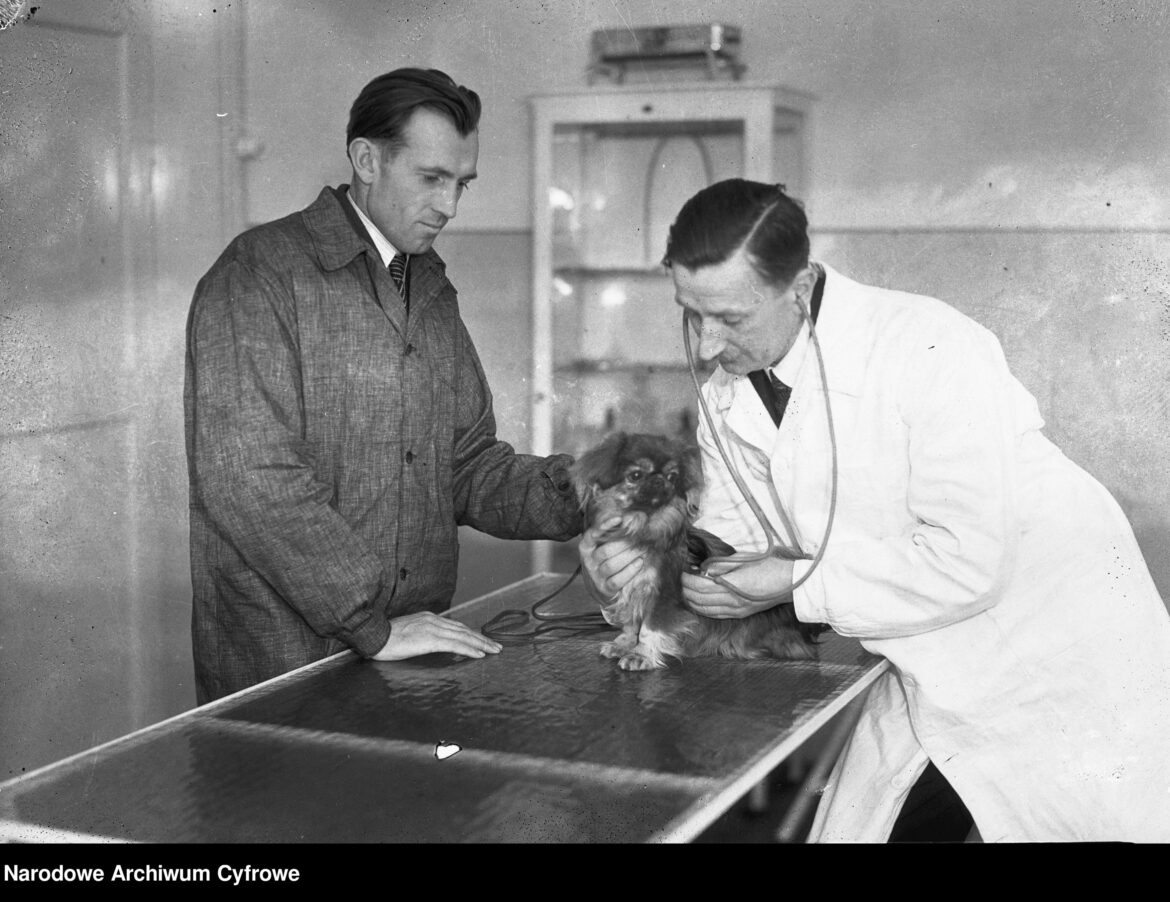According to statistics, only a small group of Jewish veterinarians worked in the Second Polish Republic in the second half of the 1930s. They made up only 7.5% of all representatives of this profession. To this day, scholars can say little about this professional environment, and knowledge about the fates of individual Jewish veterinarians is scattered, often incorrect and far from complete. Sometimes in post-war memoirs and diaries, they were mistaken for medical doctors.
From the beginning of World War II, Jewish veterinarians often shared the fate of Polish intellectuals. For example, some of them were murdered in Palmiry (near the Kampinos Forest, Warsaw). This place, next to Katyn, is a symbol of the martyrdom of the Polish intelligentsia as 1,700 Polish citizens were murdered there between December 1939 and July 1940. In his diary, Chaim Aron Kapłan mentioned, for example, the arrest in January 1940 of a well-known Warsaw veterinarian, Mordechaj Adam Rakower, who was shot in execution in Palmiry: “The Germans (…) removed expensive furniture from his apartment at Nowolipki Street 19 in Warsaw. When Rakower’s wife asked them to leave at least the office equipment – she received a cynical answer that her husband would not come back soon, so he would not need the office”.
Others were involved in the creation of the Jewish underground as early as September 1939. One of the founders of the Jewish Military Union was a less known veterinarian Michał Strykowski. He graduated from the Veterinary Department at the University of Warsaw, and during the war, he ran laundry there. He died in combat in 1943 during the Warsaw Ghetto Uprising in 1943.
Maksymilian Łabędza also met his tragic fate, murdered in the early years of the occupation. He was born in 1886 in Baczkach in the district of Węgrów. Obtained his veterinary diploma in Charków (today Kharkiv) in 1909 Łabędza was a participant in World War I and later in 1919, in the Polish Army, he worked at the Horse Hospital No. 2 in Warsaw. In the meantime, he was preparing his doctoral dissertation at the Academy of Veterinary Medicine in Lwów (now Lviv), and at the end of the 1920s, he became a member of the Board of the Polish Veterinary Society. In the 1930s, as a major in the reserve of the Polish Army, he was awarded the Order of Polonia Restituta and the Gold Cross of Merit. After the outbreak of the war, Łabędz was taken prisoner by the Soviets and was killed in 1940 in Kharkiv. He was buried in the Cemetery of the Victims of Totalitarianism in Piatichatki. However, for a long time during the Polish People’s Republic (1947- 1989), he was falsely claimed to die in 1941 in Warsaw in unexplained circumstances.
Polish Jewish vets are still waiting for their professional historian. Currently, the topic is researched and popularized by Włodzimierz Andrzej Gibasiewicz.





